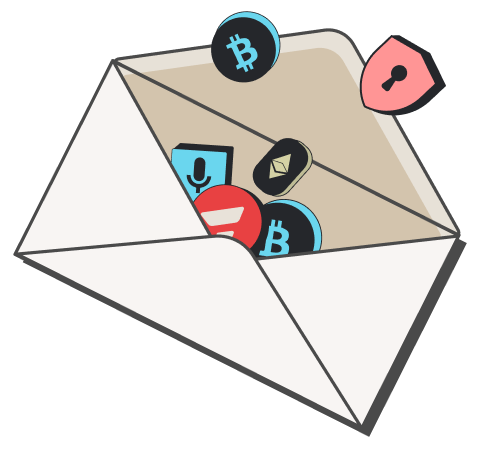A smart contract is a digital agreement between 2 or more parties. Smart contracts allow blockchains to automate transactions and transfers. This means a central authority that increases time and transaction costs is not needed.
Think of it as a digital handshake—an agreement between two or more parties, but instead of being enforced by people, it’s enforced by code. No middlemen, no paperwork.
Smart contracts only “run” when certain conditions are met. At the simplest level, they work like: if X happens, then do Y. That’s the foundation.
But things get even more interesting. More advanced smart contracts can connect to outside data using oracles. That means they can react to real events, like prices, payments, weather, and even info from trading platforms or marketplaces.
From insurance payouts to decentralized finance, Avalanche is using smart contracts to shape how digital agreements work and solving real-world problems.
